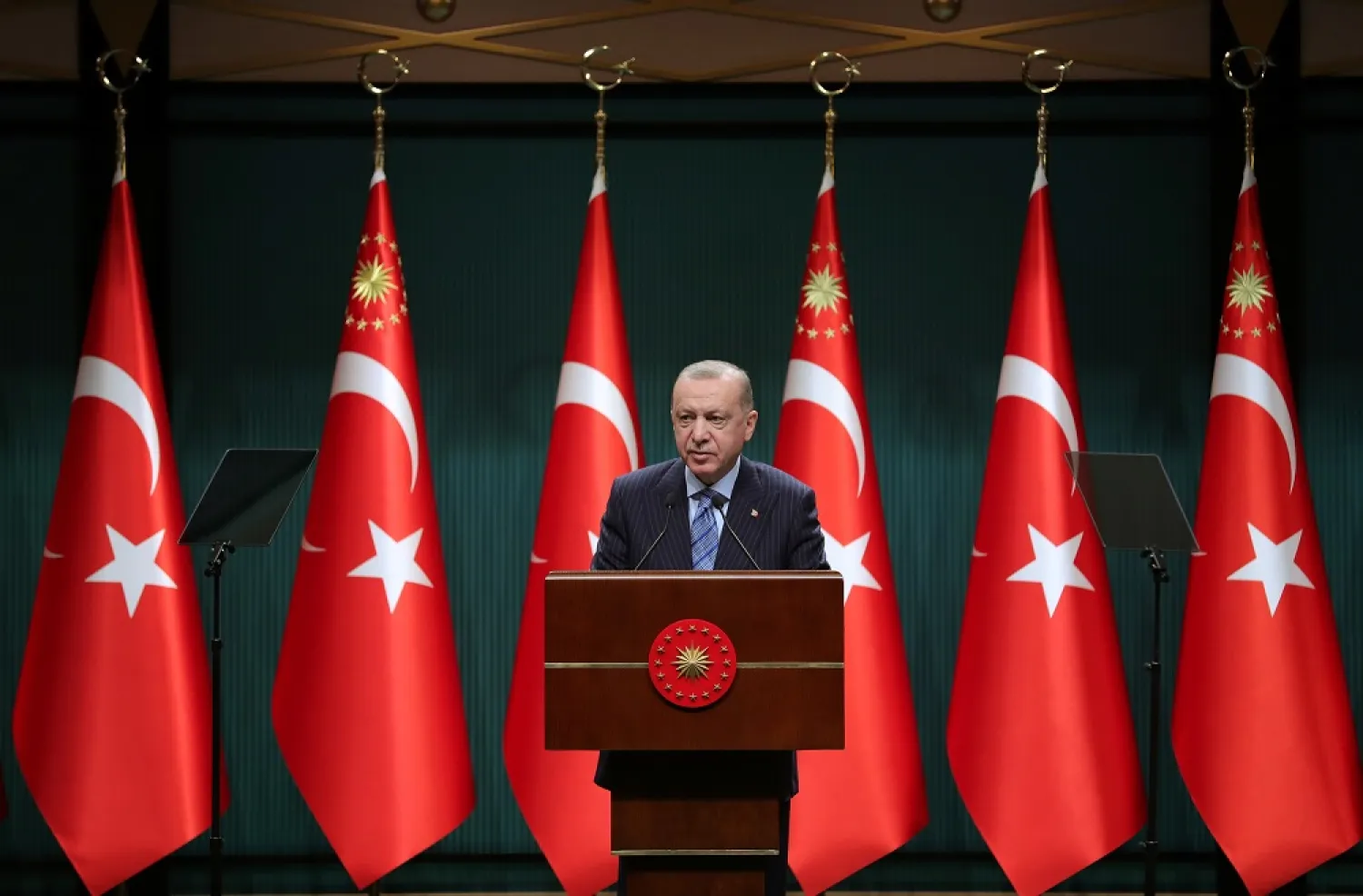Turkey’s ruling Justice and Development Party (AKP) on Monday witnessed the greatest split in its ranks since its founding in 2001 amid heated inner-party divisions over the policies of President Recep Tayyip Erdogan.
What possibly played a part in the mass exodus of AKP members are the controversial allegations made by the fugitive mafia boss and whistle-blower Sedat Peker, who is claiming that both incumbent and former AKP ministers and officials are deeply involved in corruption.
Pekar has also made allegations about AKP politicians and numerous government engagements in illegal activities, mafias and organized crime gangs.
AKP lawmaker Fatih Cengiz, of the eastern city of Muş, announced his official resignation from the ruling party and said he joined the main opposition Republican People’s Party (CHP).
Cengiz said that 2,500 AKP members also joined him.
“We set out with the CHP, and we will continue with it until the very end,” said Cengiz at a CHP ceremony for welcoming new members to the center-left party.
In other news, a recent survey conducted by the Eurasia Public Research Center (AKAM) revealed that the People’s Alliance, formed between the AKP and the opposition Nationalist Movement Party (MHP), led by Devlet Bahçeli, continued to shed votes.
The poll results, announced by AKAM President Kemal Özkiraz, showed that while the People’s Alliance votes were showing a downward trend, the Nation Alliance, which includes the CHP and the Good Party, led by Kemal Kılıçdaroğlu and Meral Akşener respectively, was gaining traction.









